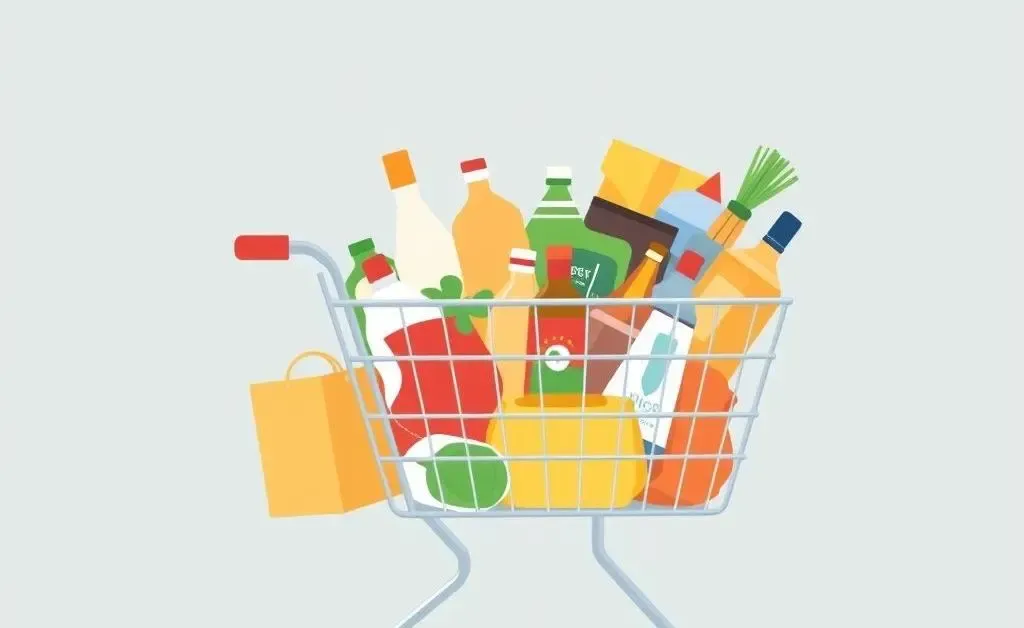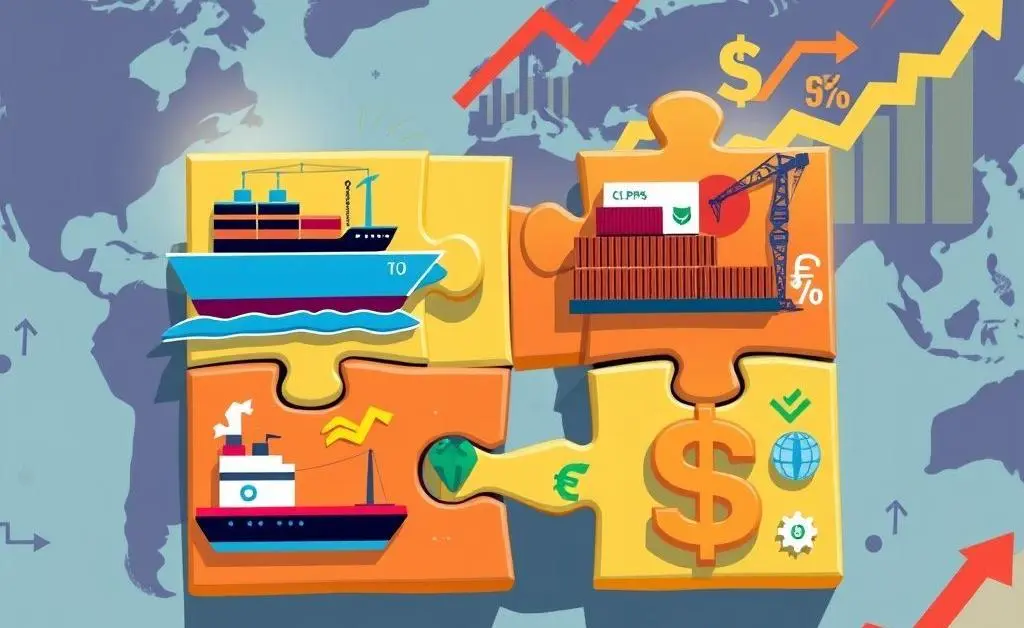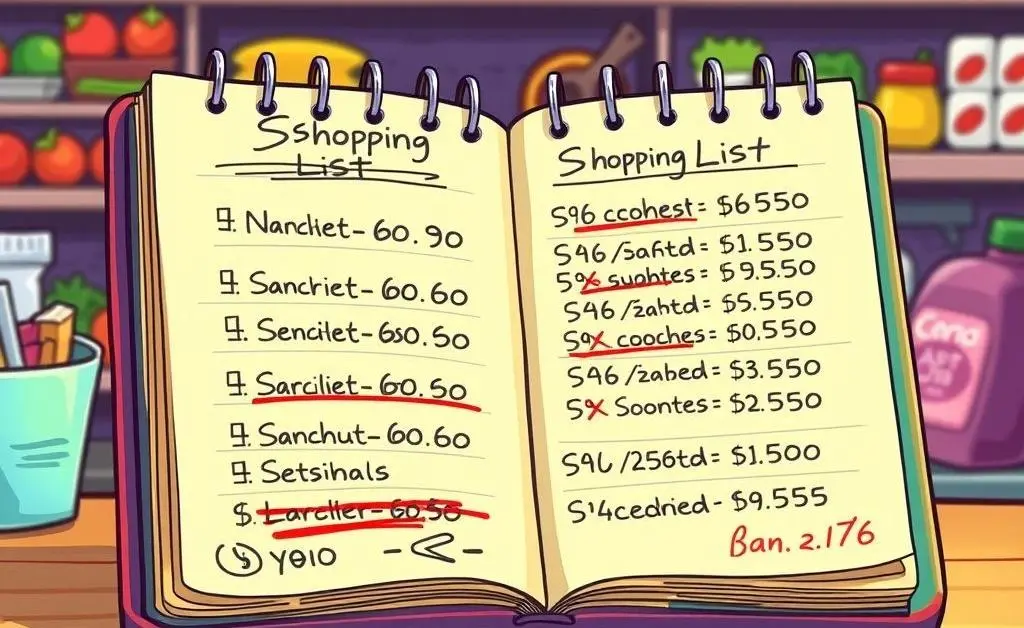How Tariff Reductions Affect Your Costs — And What It Means for Your Shopping Cart
Discover how reduced tariffs impact prices and your shopping habits.

Have you ever wondered why the prices of some imported goods suddenly drop? Well, one reason might be tariff reductions. Understanding how this works can feel like figuring out the rules of a complex board game, but it actually impacts your everyday life more than you might think.
What's Happening with Tariffs?
Imagine walking down your favorite aisle at the grocery store, equipped with a shopping list that includes imported goods like olive oil, chocolate, and electronics. Suddenly, you notice the prices of some of your favorite items have slightly dropped — you've just been introduced to the power of tariff reductions. When countries lower the tariffs — or taxes — on foreign goods, these savings often get passed on to you, the consumer.

Why Do Tariffs Change?
Tariffs can change for various reasons:
- Trade Agreements: Countries negotiate to lower trade barriers.
- Economic Strategy: Governments aim to make certain products more affordable.
- Politics: International relations can influence trade policies.
These adjustments aren't random — they're carefully curated to enhance trade relationships or as part of broader economic changes.
The Consumer Experience
I once chatted with a friend who was thrilled about a sale on imported coffee. It turned out, it wasn't a sale at all! A tariff reduction had made those delightful beans cheaper. It's a small joy, but compounded over many products, these savings add up and give us more flexibility in our budgets.

The Bigger Picture
While you’re enjoying your savings, it’s worth reflecting on the broader impact. Lower tariffs can encourage a more diverse range of products in stores, promote healthier competition among brands, and occasionally lead to improved quality as businesses strive to satisfy international demand.
Taking It Beyond Your Cart
From clothing to electronics, tariff reductions touch various aspects of consumer life. Before you know it, the phone you're upgrading or the car parts you're considering could benefit from these changes. This ripple effect encourages us to think globally — from the individual consumer and the local market to worldwide trade dynamics.

What Will You Notice Next?
So next time you're out shopping, pay attention to those price tags and consider the backstage changes that brought those numbers down. Do you think reduced tariffs have affected other products you frequently purchase? What global changes would make your shopping experience more delightful? Share your thoughts in the comments.




